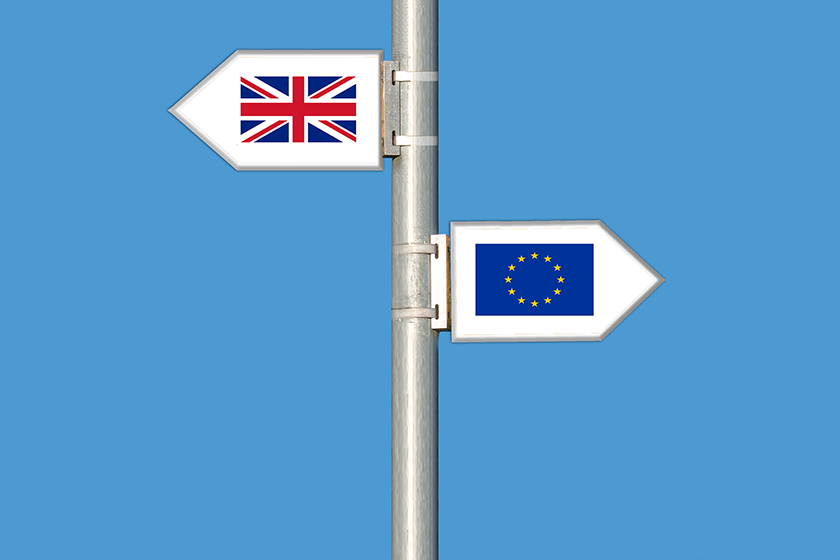Russia and the DNC Hack: What Future for a Duty of Non-Intervention?
There are lots of important issues implicated by this morning’s above-the-fold story in the New York Times that U.S. officials and certain cybersecurity experts (e.g., Crowdstrike) have concluded Russian government agencies bear responsibility for hacking the Democratic National Committee’s servers and leaking internal e-mails stored on them to Wikileaks (Russian responsibility for the hack itself was alleged more than a month ago). The domestic fall-out is already on evidence with theresignation of Debbie Wasserman Schultz and I’m sure we’ll see other impacts here in Philadelphia at this week’s Convention (although Senator Sanders so far is not using the event to walk back his endorsement of Hillary Clinton). U.S. national security officials are treating the news as a national security and counter-intelligence issue (as they absolutely should). But what does international law have to say about a foreign government obtaining and leaking e-mails about another country’s on-going election processes? This is obviously not a case violating Article 2(4) since that only prohibits the “threat or use of force against the territorial integrity or political independence of any state” …










